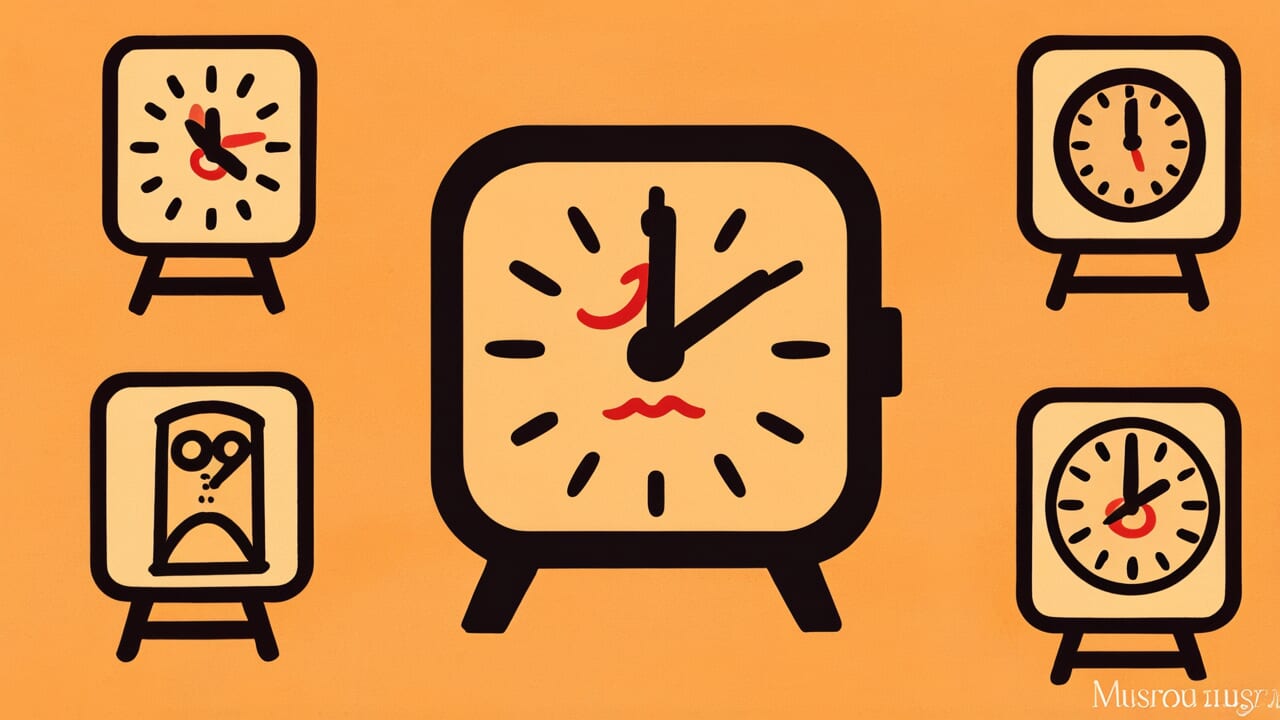Cultural Context
In Indian culture, time holds deep spiritual and practical significance. The concept connects to karma, where every moment shapes future outcomes.
Wasting time means missing opportunities for growth and good deeds.
Traditional Indian philosophy views time as cyclical, not linear. This makes each moment precious because patterns repeat across lifetimes.
The proverb reflects ancient wisdom found in various Indian teachings.
Parents and elders commonly share this wisdom with younger generations. It appears in school lessons, family conversations, and religious discourses.
The saying reminds people that unlike money, lost time never returns.
Meaning of “Time is priceless”
This proverb states that time has immeasurable value. No amount of money can buy back a wasted moment. The message warns against procrastination and careless living.
The wisdom applies across many life situations today. A student delaying exam preparation discovers cramming produces poor results.
A professional postponing important projects faces career setbacks and stress. Someone neglecting relationships with aging parents realizes missed conversations cannot return.
The proverb emphasizes mindful living over rushed activity. It suggests using time purposefully, not just staying busy. Quality matters more than quantity when spending our hours.
The advice works best for important decisions and meaningful activities.
Origin and Etymology
It is believed this wisdom emerged from ancient Indian philosophical traditions. Agricultural societies needed precise timing for planting and harvesting crops.
This practical necessity reinforced time’s value in daily consciousness.
Indian oral traditions passed such proverbs through generations via storytelling. Elders shared these sayings during family gatherings and community events.
Religious texts and folk tales reinforced the message repeatedly. The proverb spread across regions through trade routes and migrations.
The saying endures because everyone experiences time’s irreversible nature. Modern life’s fast pace makes the message even more relevant.
Digital distractions and busy schedules increase time’s perceived scarcity. The simple truth remains universally understood across cultures and ages.
Usage Examples
- Coach to Athlete: “You’re scrolling through your phone instead of practicing your skills – Time is priceless.”
- Parent to Teenager: “You’ve been procrastinating on college applications for three months now – Time is priceless.”
Lessons for Today
This wisdom addresses modern life’s constant battle with distraction. Smartphones, social media, and endless entertainment compete for attention.
Recognizing time’s true value helps people make better choices.
Practical application starts with small daily decisions. Someone might limit social media to thirty minutes daily. A professional could block focused work hours without interruptions.
These choices compound into significant life improvements over months.
The key lies in distinguishing urgent from important tasks. Not every moment requires intense productivity or serious purpose. Rest and leisure have genuine value for wellbeing.
The wisdom guides against mindless waste, not against necessary relaxation.


Comments